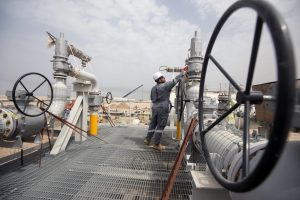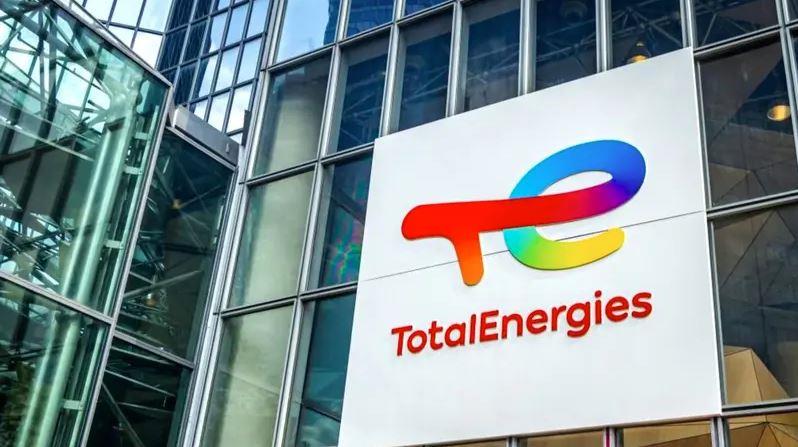
Iraqi oil ministry keen to reach agreement with France’s Total Energies 2023
The Organization of the Petroleum Exporting Countries is a cartel of 13 countries. Founded on 14 September 1960 in Baghdad by the first five members (Iran, Iraq, Kuwait, Saudi Arabia, and Venezuela), it has, since 1965, been headquartered in Vienna, Austria, although Austria is not an OPEC member state. As of September 2018, the 13 member countries accounted for an estimated 44 percent of global oil production and 81.5 percent of the world’s proven oil reserves, giving OPEC a major influence on global oil prices that were previously determined by the so-called “Seven Sisters” grouping of multinational oil companies.
Iraq is keen to strike an agreement with Total Energies, the country’s oil ministry said on Thursday, amid reports that the French energy firm plans to exit the Arab country.
“We have no problems with Total Energies and our relations are good and growing,” a representative for the ministry told The National on Thursday.
“There are some differences including the shares in the project and time has been given to continue the talks to reach a solution that is acceptable to concerned parties.”
In 2021, Iraq signed an agreement with Total Energies to develop oil and gas and renewable energy projects worth $27 billion.
Iraq reportedly wants to take a 40 per cent stake in the projects as opposed to the 25 per cent to 30 per cent stake proposed by Total Energies.
The French company has begun to withdraw staff from Iraq due to the disagreement, Iraq Oil Report said on Thursday.
Total Energies did not respond to requests for comment.
“Both sides are keen to move forward to reach [an] agreement in a way that benefits their interests,” the oil ministry representative said.
“The government and the oil ministry support the deal.”
A potential exit by the European company would deal another blow to Iraq’s battered oil industry. ExxonMobil, Shell and BP have each scaled back operations in the country in recent years.
Iraq, OPEC’S second-largest producer, depends on oil revenue to meet 90 per cent of government expenditure.
The country exports about 3.3 million barrels of oil per day, while production in the semi-autonomous Kurdish region amounts to more than 450,000 bpd.
Iraq’s oil revenue crossed $60 billion in the first half of last year amid high oil and gas prices.
Brent, the benchmark for two thirds of the world’s oil, closed in on a record high of more than $140 a barrel after Russia’s invasion of Ukraine last year.
Oil prices have since given up most of their gains and are now trading at $80 to $85 a barrel.







